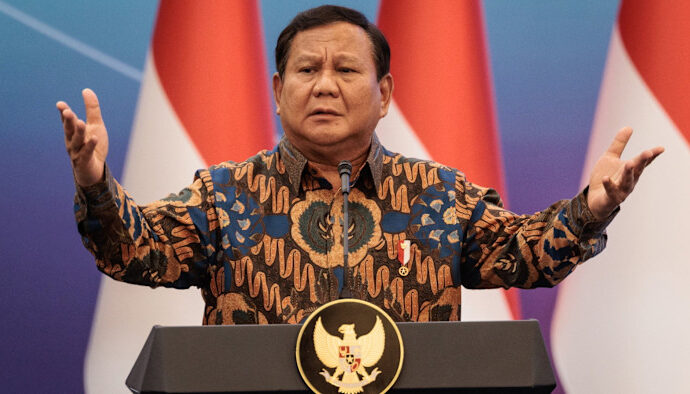Unlock the Editor’s Digest for free
Roula Khalaf, Editor of the FT, selects her favourite stories in this weekly newsletter.
The Taliban have carried out hundreds of floggings over the past year as the hardline regime consolidates its control over Afghanistan.
Taliban supreme leader Hibatullah Akhundzada declared late last year that the group, which retook power in Afghanistan in 2021 after a 20-year insurgency against the US-backed government, would impose a strict version of sharia law including corporal punishments.
Since last October, the Taliban-controlled Supreme Court has announced the punishment of more than 400 people for crimes ranging from adultery and sodomy to robbery. All were flogged except for two people who were executed for murder.
Many of the punishments were carried out in public places, some of them in front of large audiences, according to an analysis of the Supreme Court announcements and other evidence by open-source project Afghan Witness shared with the Financial Times.
The use of corporal punishment under sharia was a “totemic” issue for the Taliban, said David Osborn, director of Afghan Witness, which is run by the Centre for Information Resilience, a UK-based non-profit organisation that aims to expose human rights abuses.
Analysts said the Taliban, who want to create what they consider the world’s first true Islamic regime, considered such punishments as essential to establish legitimacy among other Islamists even though they risked deepening Afghanistan’s international isolation.
The UN Assistance Mission in Afghanistan (Unama) earlier this year called the Taliban’s use of corporal punishment a violation of international law, saying it broke “the prohibition on torture and cruel, inhuman and degrading treatment or punishment”.
Afghanistan is not alone in enforcing corporal punishment for criminal offences. Countries including Singapore practise caning, while others such as Saudi Arabia and Iran also enforce strict sharia punishments.

The Taliban, who were notorious for conducting public punishments including stonings and amputations when they ruled Afghanistan in the 1990s, said they would impose more moderate rule after they returned to power in 2021.
However, they have since set about systematically restricting human rights and women’s freedoms, including barring girls from education. This has helped to leave their regime largely isolated from the outside world. No country has officially recognised their government, while the US and UN have imposed crippling economic sanctions.
Ibraheem Bahiss, an analyst with International Crisis Group, said Akhundzada’s order to fully implement sharia law came as the supreme leader “was consolidating power and stamping his authority over the movement”, including by cracking down on girls’ education.
This followed an internal debate in which some Taliban members argued implementation of sharia punishments should be delayed to help the regime normalise ties with other countries.
In the year to October, the Supreme Court announced the punishment of 417 people in total, according to Afghan Witness. In many instances, multiple people were punished at the same time.
An execution in December was attended by several high-ranking Taliban leaders including interior minister Sirajuddin Haqqani and foreign minister Amir Khan Muttaqi.
In another incident, the Taliban publicly flogged nine people accused of sodomy or robbery in a football stadium in the southern city of Kandahar. Though the Taliban restricted photography of the punishments, Afghan Witness has verified a leaked video from the day showing a militant whipping someone on the pitch in front of a crowd.
On Monday, the Supreme Court announced that five people had been flogged in central Maidan Wardak province for sodomy and adultery.
While the Supreme Court did not announce any stonings or amputations over the period, Unama has separately documented an alleged execution by stoning in February.
The Taliban have said sharia punishments are only imposed after a rigorous Islamic legal process involving scrutiny of evidence and deliberation by judges.
The group has vehemently denied repeated accusations of carrying out extrajudicial killings. Afghan Witness has previously documented cases of alleged extrajudicial killings of anti-Taliban insurgents by the group’s fighters.


